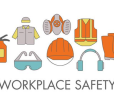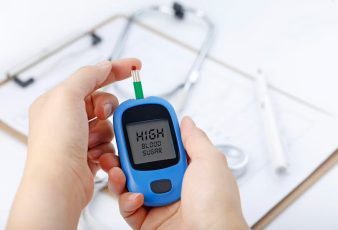Recovery after a heart attack involves making radical changes to your lifestyle and eating habits. If you’ve had heart surgery, you’ll need to take extra precautions after leaving the hospital. Here are four tips that will help you prepare you for life after surviving a heart attack.
Understand your medication:
Recovering from a cardiac event requires taking prescribed medication diligently as advised by your cardiologist. These can include medicines to strengthen your heart, lower your blood cholesterol levels, manage your blood pressure and heart rate and so forth.
Even if you have someone at home to keep track of your daily medication, you need to make the effort to know all your medications as well as the purpose and frequency of each. This will ensure that you know the importance of each medicine and can take care of yourself when alone.
Learn the warning signs of a heart attack:
To avoid another emergency and to shield your heart against extensive damage from another heart attack, you must learn to recognize the signs of a heart attack, which include unexplained sweating; shortness of breath; chest pain; nausea or dizziness; tightness or pressure in the center of the chest; radiating pain in the jaw, shoulders, back or neck; and feeling lightheaded.
Knowing the warning signs will prepare you and your family members to get emergency care at the earliest, which can make a big difference in the extent of damage your heart endures from a second attack.
Adopt a heart-friendly lifestyle:
Even a healthy heart needs ongoing care, but after you’ve had a heart attack, it becomes crucial to make changes in your lifestyle. Follow your doctor’s dietary guidelines, make rest a priority, quit smoking and make physical activity an indispensable part of your life. In addition, maintaining healthy blood pressure and blood sugar levels is essential for your long-term wellbeing.
Dr. Gerard Leong from ThomsonMedical.com says that women are more prone to certain types of cardiovascular issues. Especially if you’re a woman over 40, get a heart screening package that will give you an evidence-based insight into your cardiac health.
Enroll for a cardiac rehab program:
Most people who’ve had a heart attack are advised by their doctors to join a rehabilitation program designed specifically to help patients recover after a cardiac event. Rehab typically begins one or two weeks after discharge from hospital and lasts for about three months.
Seasoned cardiologists emphasize the important of a proper rehab program in helping heart attack survivors learn and practice the right physical exercises under expert supervision. Patients are also provided guidance with respect to dietary and lifestyle changes.
Attend cardiac rehab sessions if your doctor believes they’ll aid in the recovery of your heart.
Lastly, take care of your mental health. You may feel fearful, angry, frustrated and even depressed at times, which is perfectly normal. Take one day at a time, enjoy life, and don’t let the fear of another heart attack get to you.
Read Also:




























